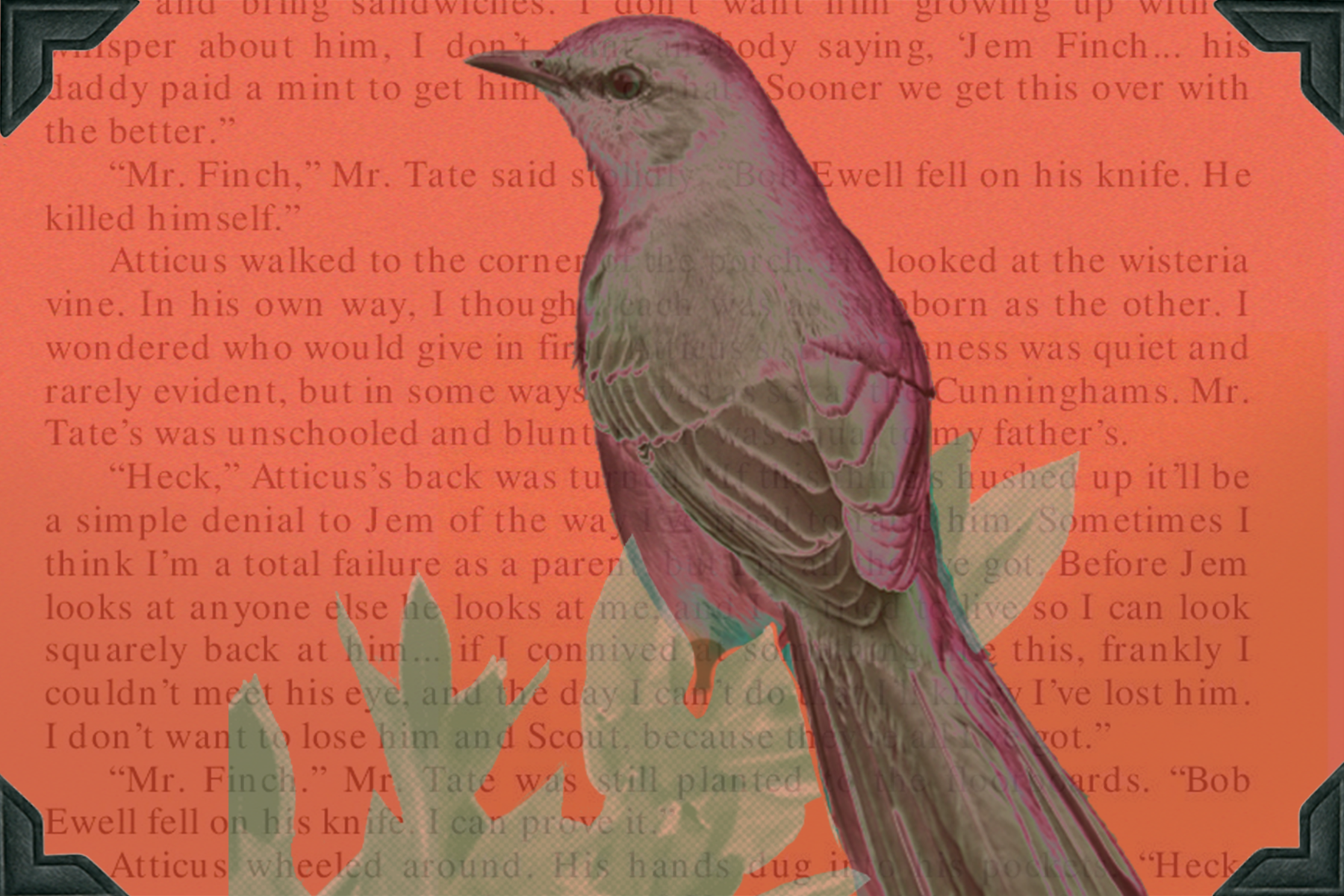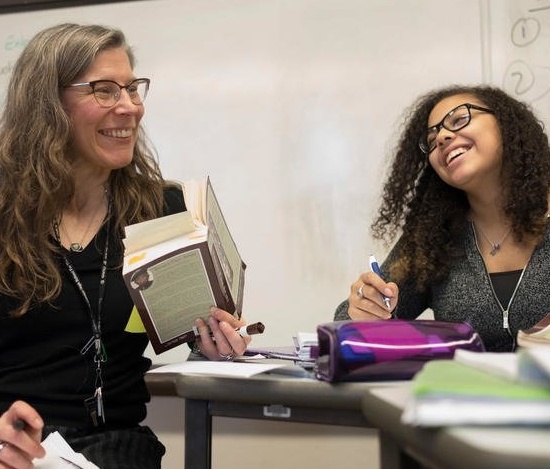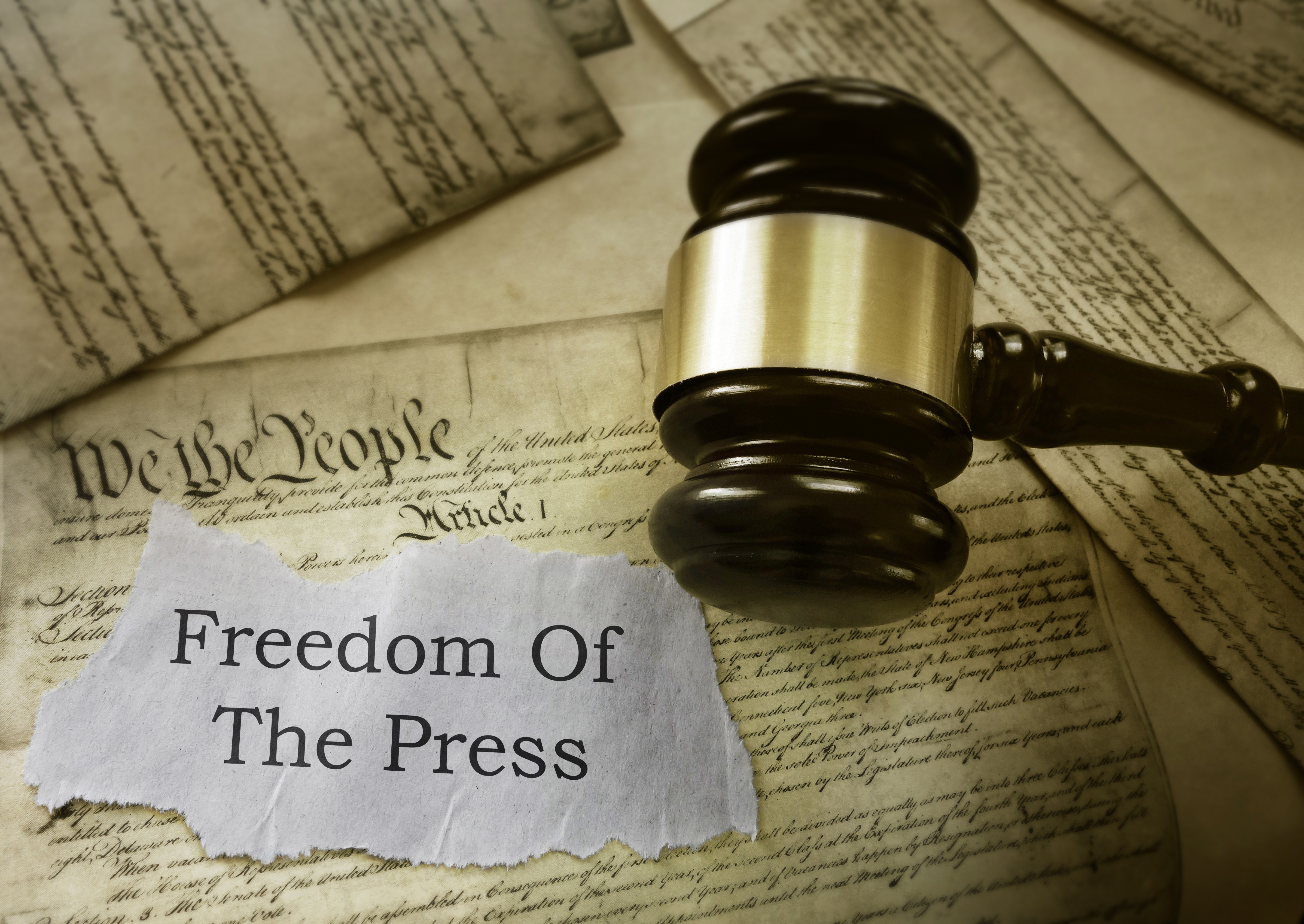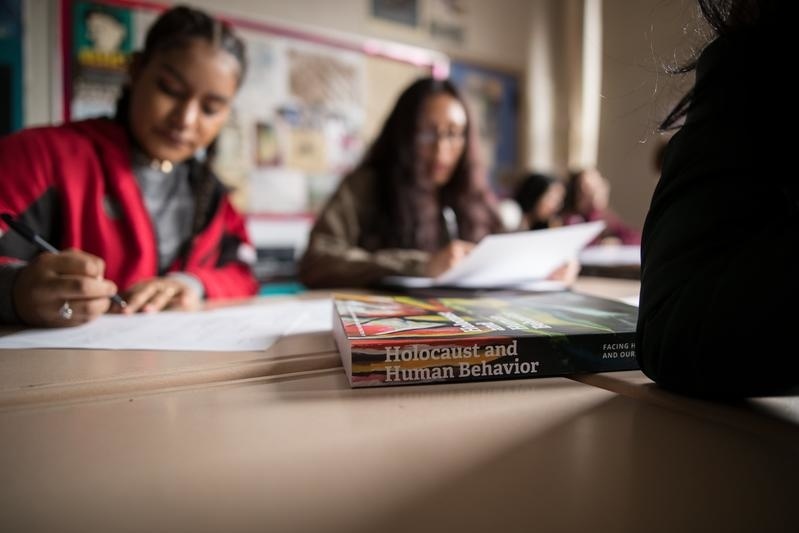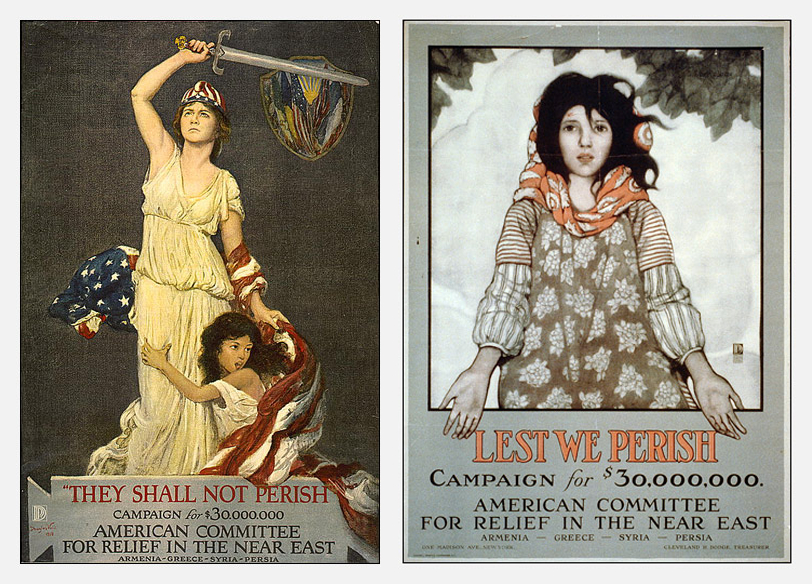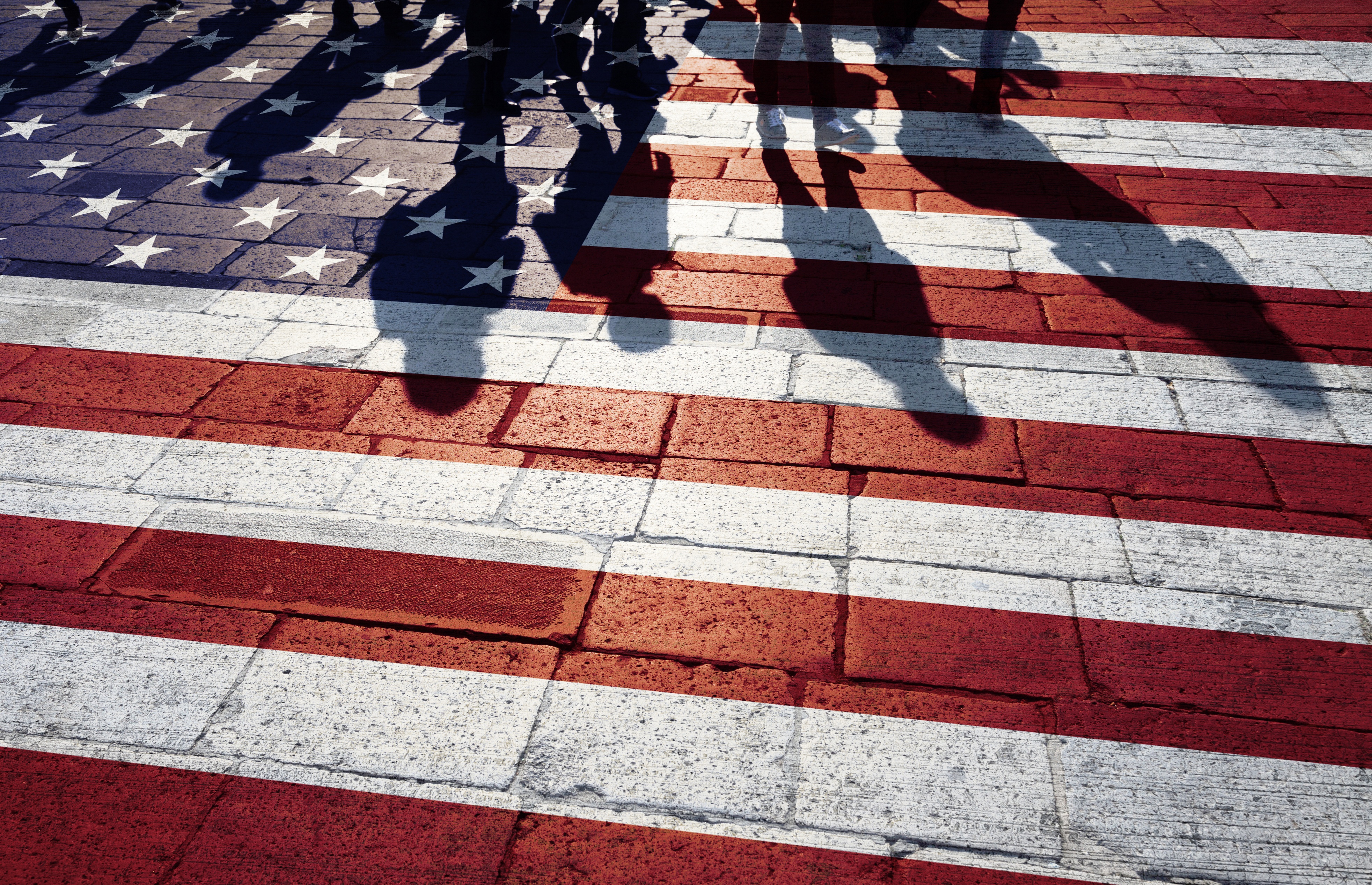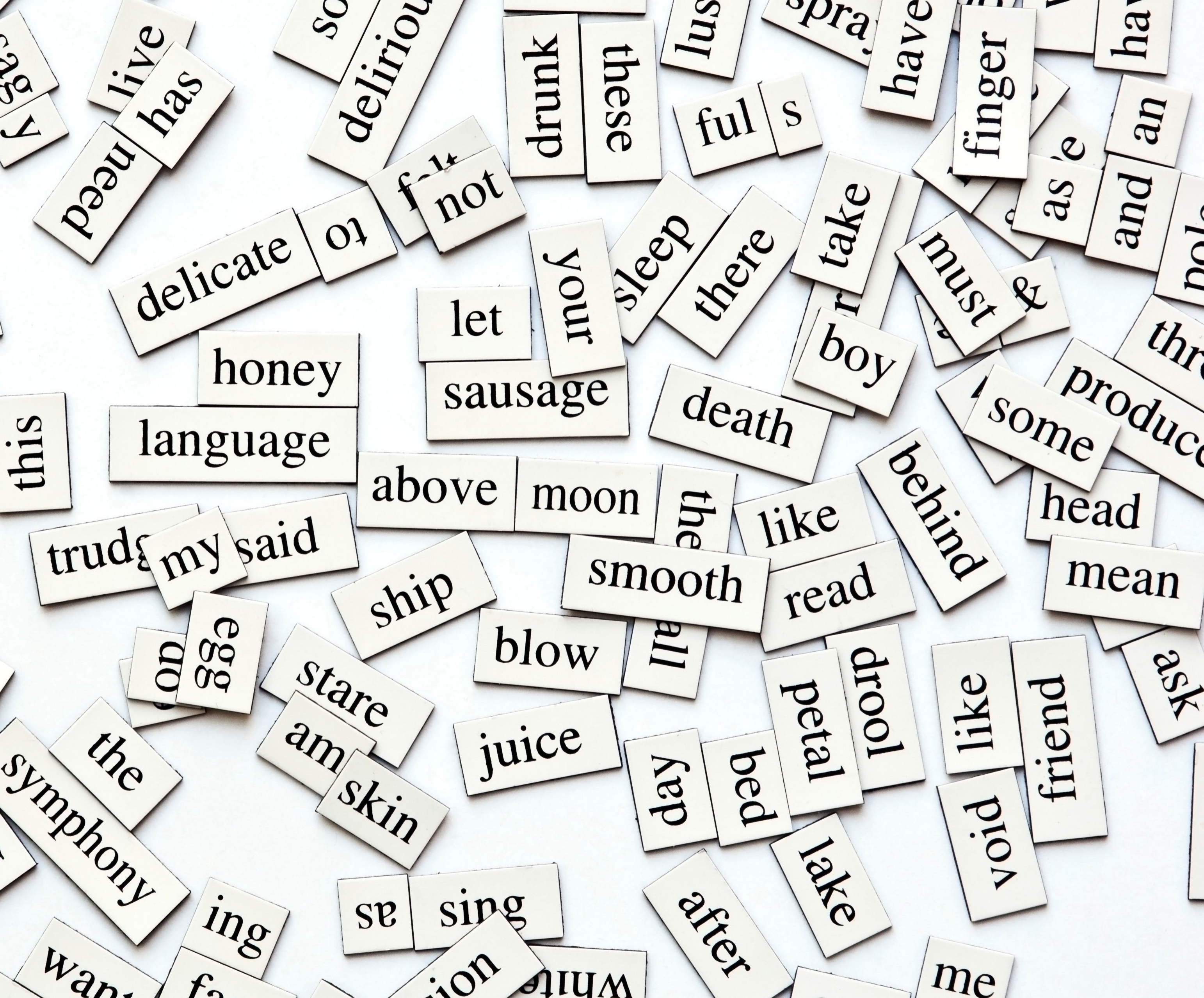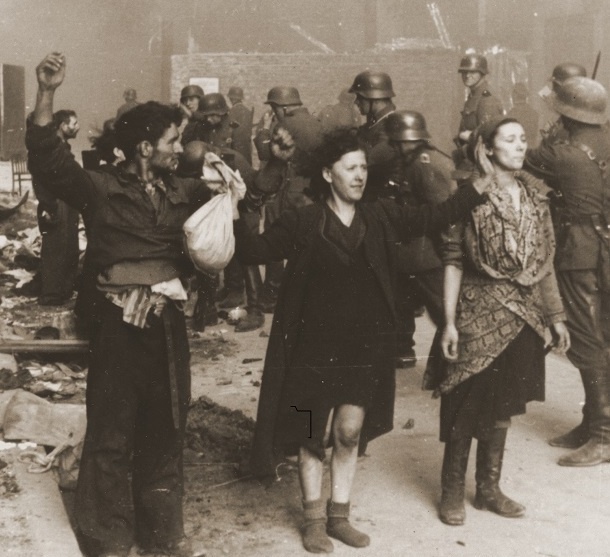I have spent my whole life living in the south but often find conflict between my roots as a southerner and the complicated history of racism. As a teacher for 35 years, I’ve tried to use literature to develop empathy and understanding to combat bigotry and hatred. To Kill a Mockingbird has long been one of the novels I’ve used to attempt this.
Teaching To Kill a Mockingbird Through a New Lens After 35 Years
Posted by Deborah Hibbitt on May 15, 2018
Topics: To Kill a Mockingbird, Professional Development, Teaching Resources, workshop, race
On April 12, German rap duo Kollegah and Farid Bang won the prestigious Echo Award for best German hip-hop album, an award akin to the American Grammys. The pair was widely popular within German youth and hip-hop culture. However, there was an immediate backlash to this decision, as the pair’s album included a lyric comparing their bodies to Auschwitz prisoners and other lines disrespecting victims of the Holocaust.
Topics: Antisemitism
On Teacher Appreciation Day, I See Hope and Progress Thanks to You
Posted by Roger Brooks on May 8, 2018
Today is Teacher Appreciation Day and in many ways, it couldn’t come soon enough. We know it’s been a tough year. Students returned to school amidst the backdrop of Charlottesville in August, the threat to repeal DACA in September, and now, as the school year winds down, we’re ending with marches and walkouts in the aftermath of Parkland.
And though it is hard to see this while we’re all in the thick of navigating tense moments, from where I sit, I see progress. I see hope, because of your good work. You have prepared your students for these rough times.
Topics: Media Skills
Today’s News, Tomorrow’s History: Citizenship and the US Census
Posted by Monica Brady-Myerov on April 30, 2018
Today’s News, Tomorrow’s History is an ongoing series with Listenwise. This series connects Facing History’s themes with today’s current events using public radio to guide and facilitate discussions around the social issues of our time. We will take a look at the 2020 US census and how the questions about citizenship might affect the return rate.
Topics: Today's News Tomorrow's History, current events, Listenwise
Never Forget: How to Help Younger Generations Remember the Holocaust
Posted by Facing History and Ourselves on April 26, 2018
Earlier this month, The New York Times reported that Holocaust education is lacking among younger generations. Some can't even identify what Auschwitz was. At Facing History, we've always known there is more to remembering the past than just reciting names and dates. There is an essential need to connect those details to the complex context in which they existed. The Holocaust did not just happen. Nor did other genocides before or after. Instead, they were built upon the steady unrest, hatred, and propaganda that culminated in the tragic loss of human lives. All were based on trivial characteristics deemed unworthy by a society.
Topics: Roger Brooks
Today's social networks, news websites, and viral videos compete for our attention, inundating us with information. Sometimes they urge us to take action against the plight of others: the Syrian refugee crisis, the mass violence in Myanmar. It can leave us feeling overwhelmed, perhaps as though our small efforts won’t make a difference. Or perhaps we wonder why we should care about an issue so far away. For Americans during the early 20th century, the Armenian Genocide, which began today in 1915, resonated deeply, prompting the largest mass media campaign of its time to save thousands. With the luxury of instant connectivity today, their efforts can remind us just how far-reaching we can be when humanity depends on it.
Topics: Armenian Genocide
The March 6 deadline for DACA has come and gone with President Trump announcing earlier this month, "DACA is dead." This has left thousands of Dreamers, as they are called, in limbo and uncertain of their status in the United States. Read how one Facing History teacher is seeing the effects of this uncertainty in his San Francisco Bay Area school.
Topics: Immigration
3 Poetry Activities to Help Your Students Connect With History
Posted by Stacey Perlman on April 17, 2018
In addition to April being Genocide Awareness and Prevention Month, it is also National Poetry Month in the United States. When it comes to understanding difficult moments in history, poetry and writing can help students process and express their own thoughts about the world. Explore these three poetry activities you can use in your classroom.
Topics: Poetry
Seventy-five years ago this month, the Warsaw Ghetto Uprising began. For nearly four weeks, Jews revolted against the Nazis as they entered the ghetto to deport its remaining inhabitants to concentration camps. Although the Nazi’s military prowess proved too powerful for the prisoners' efforts, it became a symbol of resistance that counteracted the often-touted narrative that Jews went to their deaths without a fight. It is no coincidence that today, Yom HaShoah, or Holocaust Remembrance Day, coincides with this historic moment.
Topics: Holocaust

